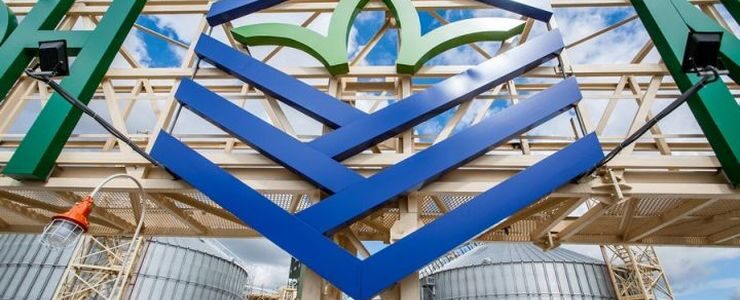
One of the largest operators in the Ukrainian grain market, Nibulon LLC, invested $2 million in the digitization of production processes in 2024, which was directed toward the creation of a digital copy of the elevator and a mobile application, according to the company’s owner and CEO Andriy Vadatursky.
“We have about 100 people (working in the field of digitalization – IF-U). We recruited many of them from the market and provided them with work. We have detailed plans for the implementation of projects for three years. We know the detailed plan for the month, for the year, and we know the prospects for three years. We also plan to provide services specifically for the projects we are doing for Nibulon. We believe that if it is necessary for Nibulon, then it will also be necessary for the market,” he said at the Forbes Agro conference in Kyiv last Friday.
Among the main projects in which funds were invested, Vadatursky named a digital copy of the elevator, in particular, the purchase and installation of modern equipment that determines the quality of grain. The software is installed at all of the grain trader’s elevators and is connected to a common network. Thanks to this, responsibility at the elevators has been strengthened, the quality of raw materials is clearly determined, the influence of the human factor has been minimized, and reporting has been streamlined.
In addition, Nibulon has developed a mobile application—a company account where you can receive news, prices, information about the location of transport, the quality of grain in it, funds received, discounts, bonuses, etc.
According to Vadatursky, this application will be refined and transformed into an information platform in the near future.
Before the war, Nibulon cultivated 82,000 hectares of land in 12 regions of Ukraine and exported agricultural products to more than 70 countries around the world. In 2021, the grain trader exported a record 5.64 million tons of agricultural products and delivered record volumes to foreign markets in August (0.7 million tons), in the fourth quarter (1.88 million tons), and in the second half of the year (3.71 million tons).
After the war began, the company was forced to move its headquarters from Mykolaiv to Kyiv.